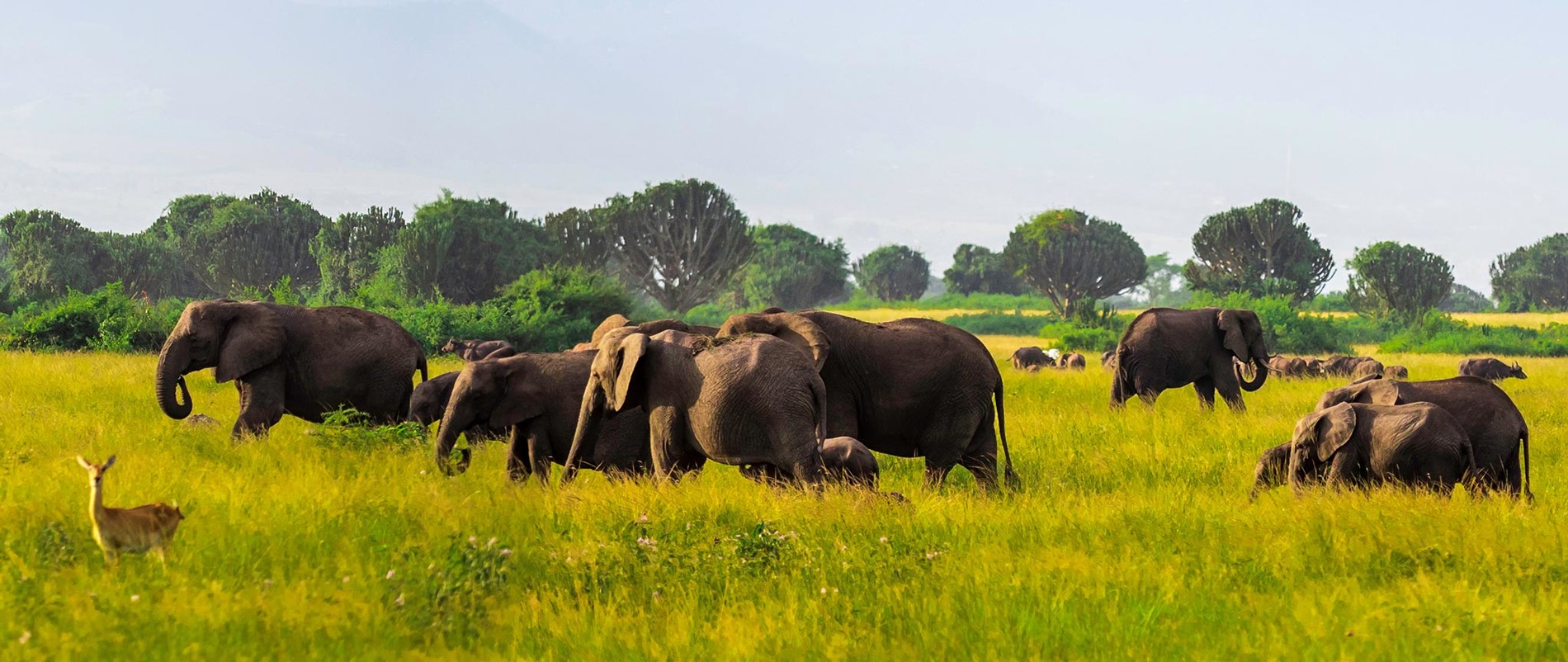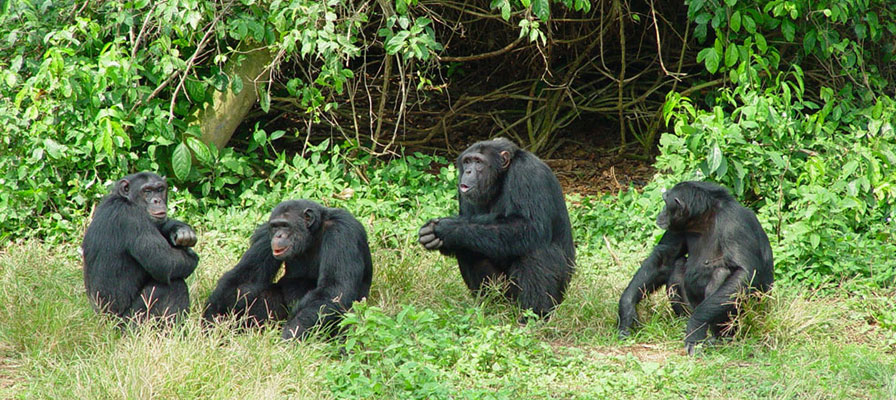
How to Choose Eco-Conscious Safari Tours in Uganda
How to Choose Eco-Conscious Safari Tours in Uganda. Embarking on a safari in Uganda is a thrilling adventure, offering the opportunity to witness incredible wildlife, stunning landscapes, and vibrant local cultures. However, with the increasing impact of tourism on the environment, travelers are becoming more aware of their ecological footprint. Choosing an eco-conscious safari ensures that your adventure is not only memorable but also sustainable, benefiting both the environment and local communities. Making an informed decision requires thorough planning, research, and an understanding of the principles of responsible tourism. Below is a detailed guide that highlights key considerations to help you select an eco-conscious safari tour in Uganda.

-
Research Tour Operators’ Commitment to Sustainability
The first step to choosing an eco-conscious safari is to evaluate the sustainability commitments of tour operators. Reputable operators often showcase their dedication to environmental preservation and community development on their websites. Look for specific practices such as using solar energy in lodges, adopting waste management systems, or contributing to wildlife conservation initiatives. Transparent operators are also likely to display eco-certifications from recognized organizations, such as Travelife, Green Tourism Active, or certifications by the Uganda Tourism Board (UTB). These accreditations signify adherence to global sustainability standards.
In addition to certifications, reading reviews from previous travelers can provide a realistic view of an operator’s environmental claims. Many top-tier operators in Uganda incorporate community-based tourism into their itineraries, ensuring that a portion of the tour revenue supports local livelihoods and development projects. By choosing such companies, you directly contribute to sustainable tourism and ensure that your trip has a meaningful impact on the destination.
-
Opt for Small Group or Private Safaris
The size of your safari group can significantly affect the environmental impact of your trip. Large groups can strain local resources, disrupt wildlife behavior, and create an overwhelming presence in sensitive ecosystems. On the other hand, small group or private safaris minimize these impacts, ensuring a more intimate and less intrusive experience.
For instance, in iconic Ugandan destinations like Bwindi Impenetrable Forest or Queen Elizabeth National Park, smaller groups are essential for maintaining the ecological balance. Gorilla trekking in Bwindi, for example, limits each group to eight individuals per trek, reducing the stress on gorilla families and their habitats. When planning your safari, prioritize operators that adhere to such conservation-oriented practices.
Another aspect to consider is the type of vehicles used during the safari. Environmentally conscious operators often use fuel-efficient or electric safari vehicles to reduce carbon emissions. While this might seem like a small detail, it plays a crucial role in preserving Uganda’s pristine wilderness.
-
Choose Eco-Friendly Accommodation
Your choice of accommodation can significantly influence the ecological footprint of your safari. Uganda offers a range of eco-friendly lodges and camps designed to blend seamlessly with the environment while adopting sustainable practices. Such accommodations typically prioritize renewable energy sources like solar power, water conservation systems, and locally sourced materials in construction.
Some notable examples of eco-lodges in Uganda include Mihingo Lodge, which overlooks the serene landscapes of Lake Mburo National Park, and Clouds Mountain Gorilla Lodge, located on the outskirts of Bwindi Impenetrable National Park. These lodges not only prioritize environmental stewardship but also actively contribute to community welfare through employment and conservation initiatives.
When researching accommodations, inquire about their sustainability policies. Do they recycle waste, use energy-efficient systems, or employ eco-friendly toiletries? More importantly, do they support local communities by sourcing food and materials locally or engaging in educational projects? The answers to these questions can help you determine whether a lodge aligns with your eco-conscious values.
-
Support Tours That Focus on Conservation and Community Engagement
An essential characteristic of eco-conscious safaris is their focus on conservation and community empowerment. Many Ugandan tour operators collaborate with local conservation organizations to protect endangered species, restore habitats, and support anti-poaching initiatives. Choosing such tours allows you to play an active role in preserving Uganda’s natural and cultural heritage.
For instance, some tours include visits to community-based initiatives like the Bigodi Wetlands Sanctuary near Kibale National Park or the Batwa Cultural Experience in Bwindi. These programs provide a platform for local people to share their traditions, creating a meaningful cultural exchange while generating income for the community. By supporting such experiences, you contribute to both biodiversity conservation and the economic well-being of local communities.
Additionally, eco-conscious operators often educate travelers on responsible tourism practices. These include discouraging littering, promoting respectful wildlife observation, and advocating for the “leave no trace” principle. Such educational components not only enhance your safari experience but also reinforce the importance of sustainable tourism.
-
Minimize Your Carbon Footprint During the Safari
While tour operators may take measures to reduce their environmental impact, travelers also have a responsibility to minimize their carbon footprint. Small actions, when collectively adopted, can have a significant positive impact on the environment. For example, carrying a refillable water bottle reduces the need for single-use plastics, while packing biodegradable toiletries prevents pollution of water sources.
Eco-conscious safari operators often encourage low-impact activities such as guided nature walks, canoeing, or birdwatching instead of motorized game drives. These activities provide an immersive experience while preserving the integrity of the environment.
Moreover, consider participating in carbon offset programs offered by some tour companies. By investing in initiatives like reforestation projects or renewable energy systems, you can balance out the emissions generated during your trip, making your safari even more sustainable.
-
Be Mindful of Wildlife Interactions
Ethical wildlife interactions are a cornerstone of eco-conscious safaris. Uganda is renowned for its unique primate experiences, including gorilla and chimpanzee trekking. However, these activities must be conducted responsibly to ensure the well-being of the animals and the preservation of their habitats.
For instance, during gorilla trekking in Bwindi or Mgahinga National Parks, trekkers are required to maintain a minimum distance of 7 meters from the gorillas. This guideline reduces the risk of disease transmission, which can have devastating effects on these endangered primates. Similarly, avoiding flash photography and speaking in low tones minimizes stress on the animals.
When selecting a tour operator, ensure they follow ethical wildlife viewing practices and educate travelers on the importance of respecting nature. Ethical operators prioritize the health and safety of wildlife over profit, making them a better choice for eco-conscious travelers.
-
Embrace Slow Travel and Stay Longer
One of the most effective ways to make your safari more sustainable is by embracing the principles of slow travel. Instead of rushing through multiple destinations, focus on exploring fewer places in depth. Staying longer in one location reduces the environmental impact of frequent transportation while allowing you to form a deeper connection with the environment.
For example, spending several days at the Kirumia Guest House near Semuliki National Park offers an opportunity to fully immerse yourself in birdwatching and forest exploration. Similarly, dedicating time to explore different trails in Bwindi provides a richer, more fulfilling experience. By slowing down, you not only enhance your personal enjoyment but also contribute more effectively to the local economy.

Conclusion
Choosing an eco-conscious safari in Uganda is an empowering way to explore the country’s natural wonders while protecting its fragile ecosystems. By researching responsible operators, supporting conservation initiatives, selecting eco-friendly accommodations, and adopting sustainable travel practices, you can create a safari experience that is both enriching and environmentally friendly.
As you marvel at Uganda’s breathtaking landscapes, diverse wildlife, and vibrant cultures, let your journey be guided by principles of sustainability. Together, travelers and tour operators can ensure that Uganda’s treasures are preserved for future generations to experience and cherish. After all, the most rewarding adventures are those that leave a positive impact.
Related Posts;






